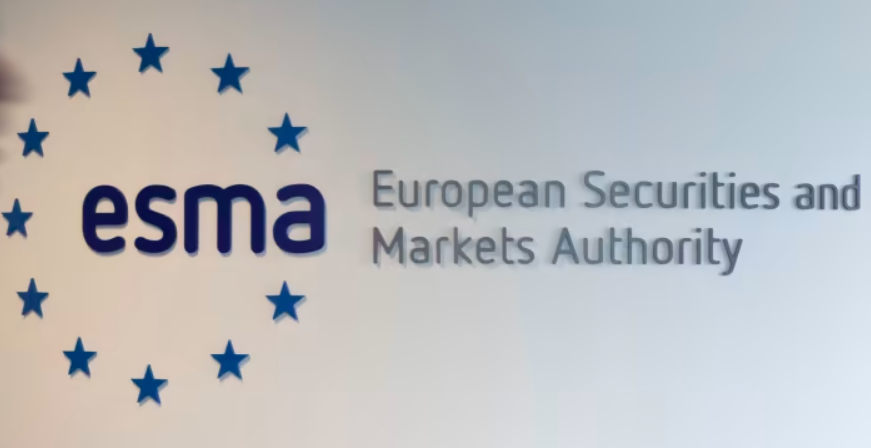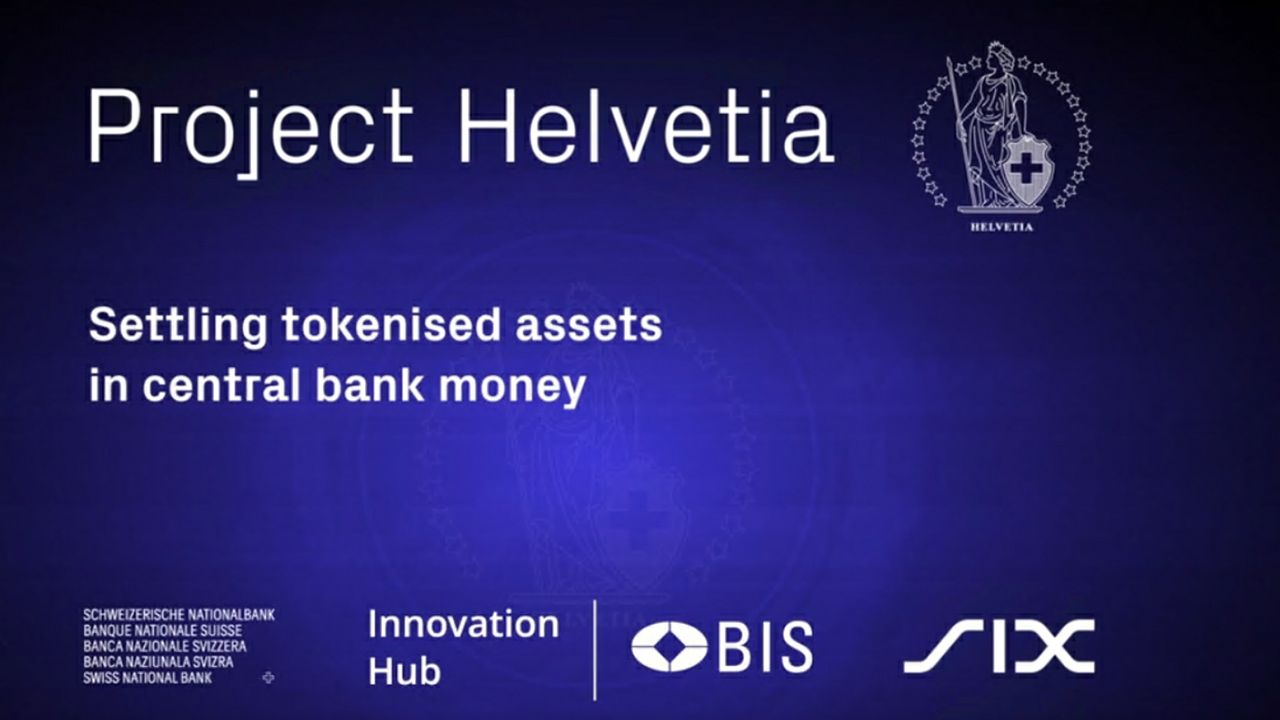The European Securities and Markets Authority (ESMA), the EU’s securities markets regulator, has published the results of its fourth stress test exercise of Central Counterparties (CCPs). The results confirm the overall resilience of European Union (EU) CCPs, as well as third country Tier 2 CCPs, to credit, concentration and operational risks under the tested scenarios and implemented framework. However, the stress test also identified areas where some CCPs may need to strengthen their risk management frameworks, or where further supervisory work should be prioritised, including on concentration and operational risks. Continue reading…
Gone are the days when organisations could simply promise a speak up culture. Today, fostering a culture of trust, integrity, and a positive work environment…
Download whitepaper









